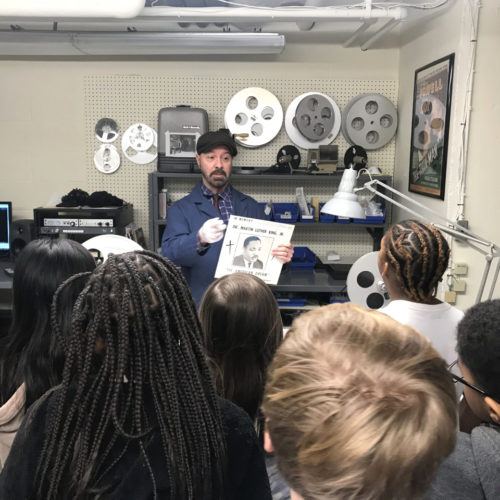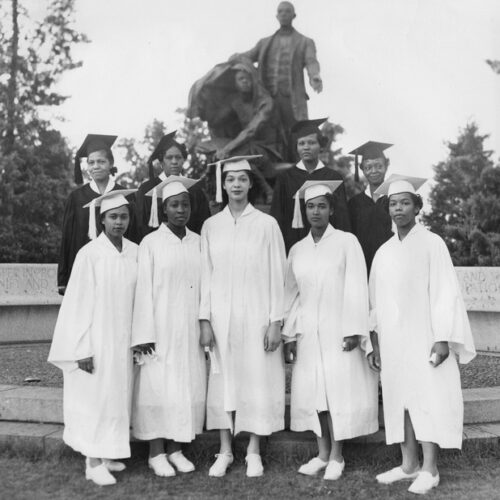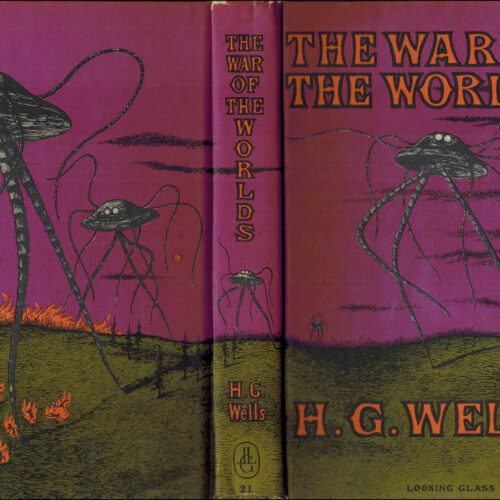Grades 4-8. The clips of legacy audiovisual documents related to voter education serve as primary sources that can be viewed, analyzed, and discussed in a classroom setting to help students build media literacy skills. The corresponding video provides a guided learning experience.

Archival Education
Voter Education Audiovisual Media Literacy Guide
June 1, 2019
By: Marissa Vassari and Brent Phillips
By:
Brent Phillips
Brent Phillips is the Audiovisual Archivist at the Rockefeller Archive Center. He is a graduate of the L. Jeffrey Selznick School of Film Preservation, with research interests in the performing arts, cinema history, and the preservation of endangered languages.
Explore Further

Archival Education
Voter Education: Audiovisual Media Literacy Video and Classroom Guide
This media literacy classroom activity centers on a video we developed with the RAC’s Audiovisual Archivist Brent Phillips. It includes clips of audiovisual documents related to voter education, which can serve as primary sources to view, analyze, and discuss in a classroom setting. The classroom activity guide below is available as a PDF download at…

Race & Social Justice
“Without Distinction of Race, Sex, or Creed”: The General Education Board, 1903-1964
In the early 20th century, the General Education Board was devoted to the cause of improving education throughout the United States, without distinction of race, sex, or creed.

Arts & Culture
Science & Innovation
Social Sciences
War of the Worlds: Rockefeller Philanthropies, Disinformation, and Media Literacy in the 1930s
Orson Welles’s 1938 radio performance of The War of the Worlds prompted a foundation to explore issues of media literacy and fake news.